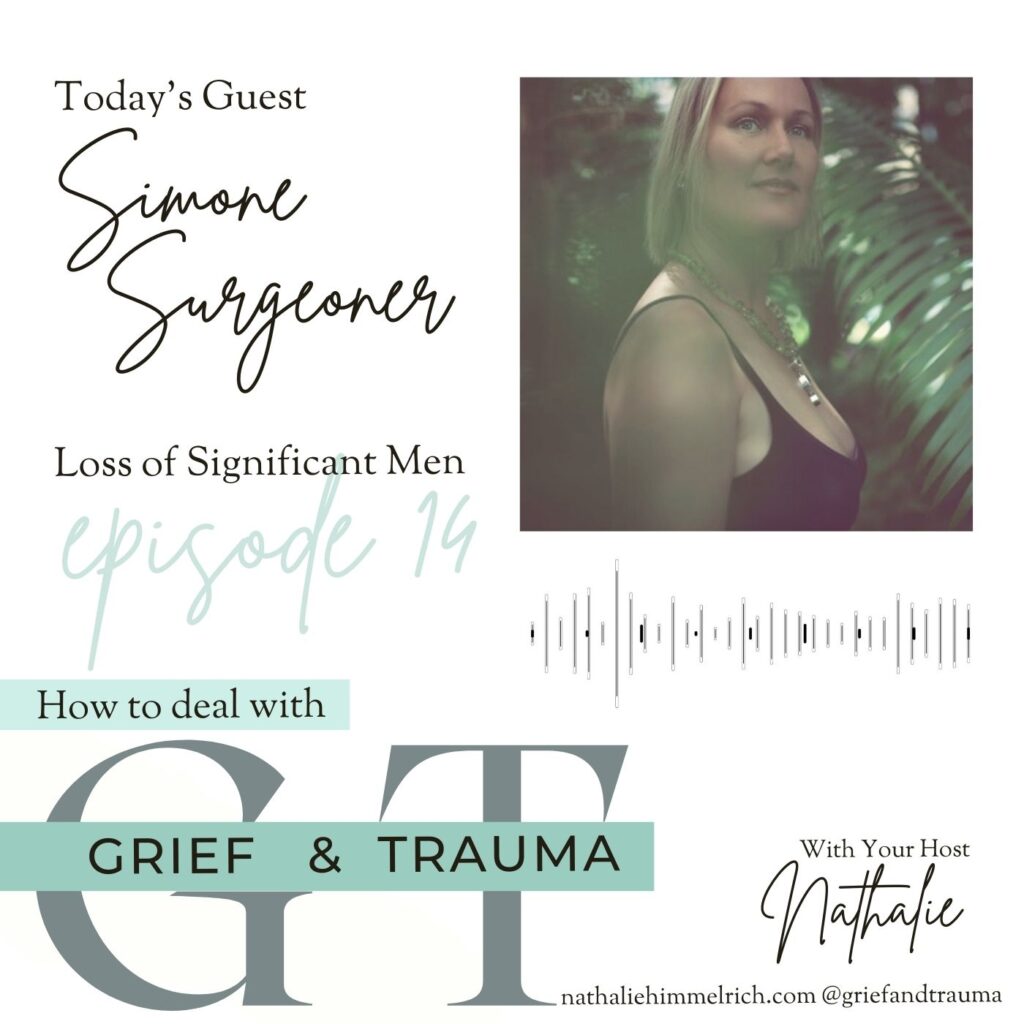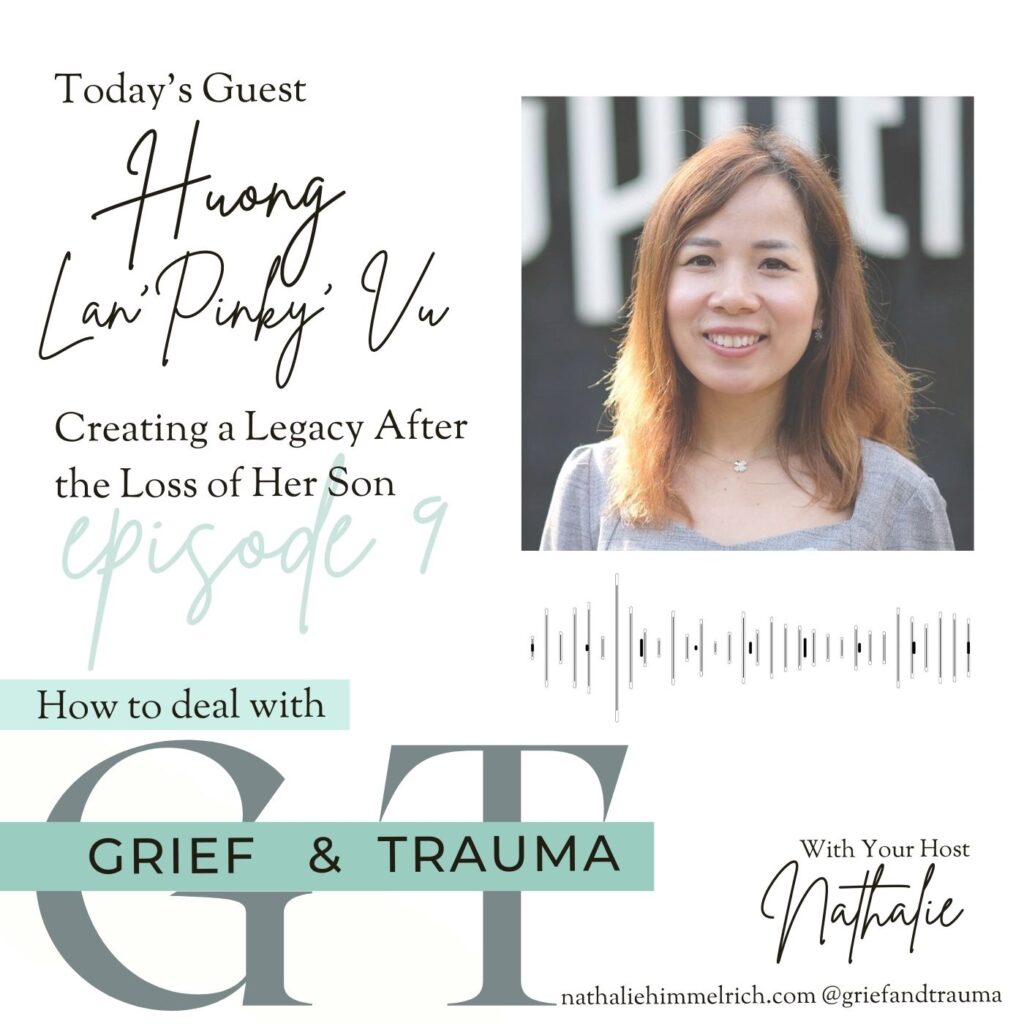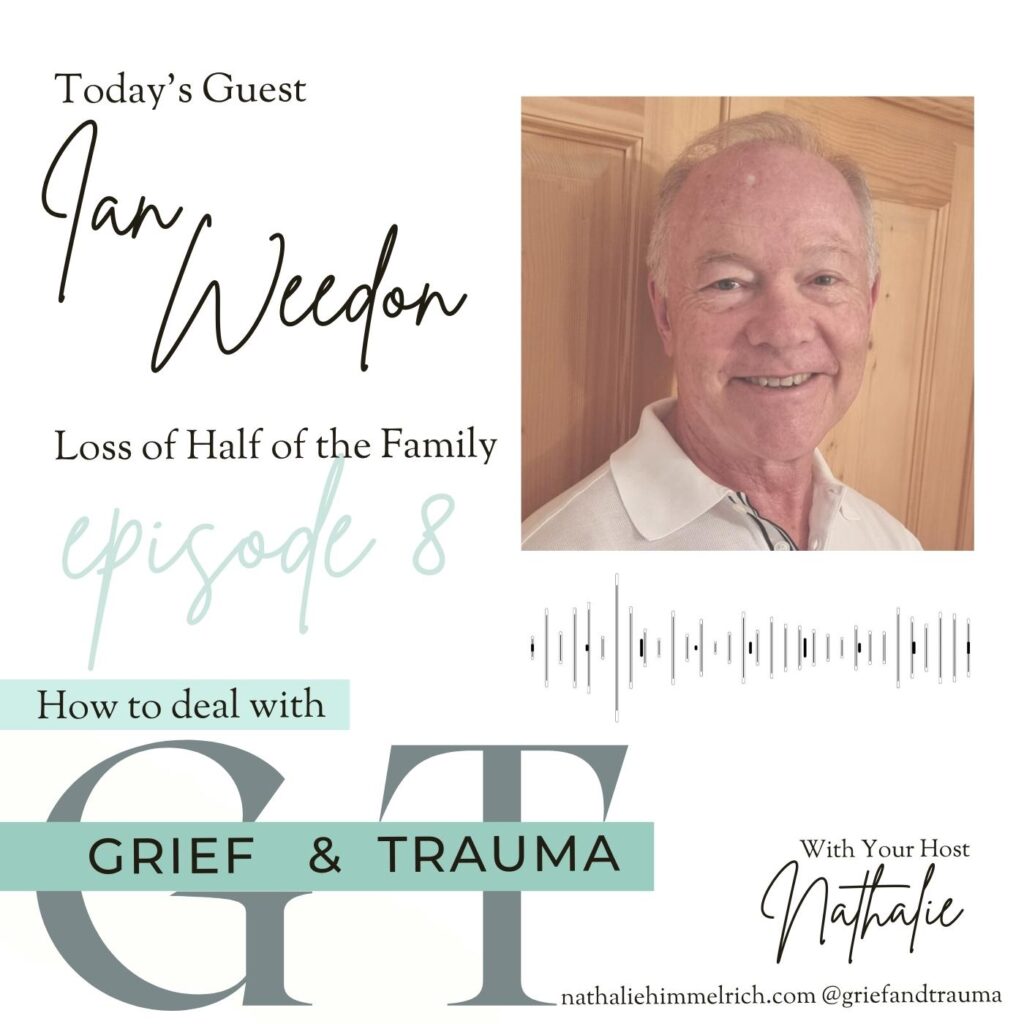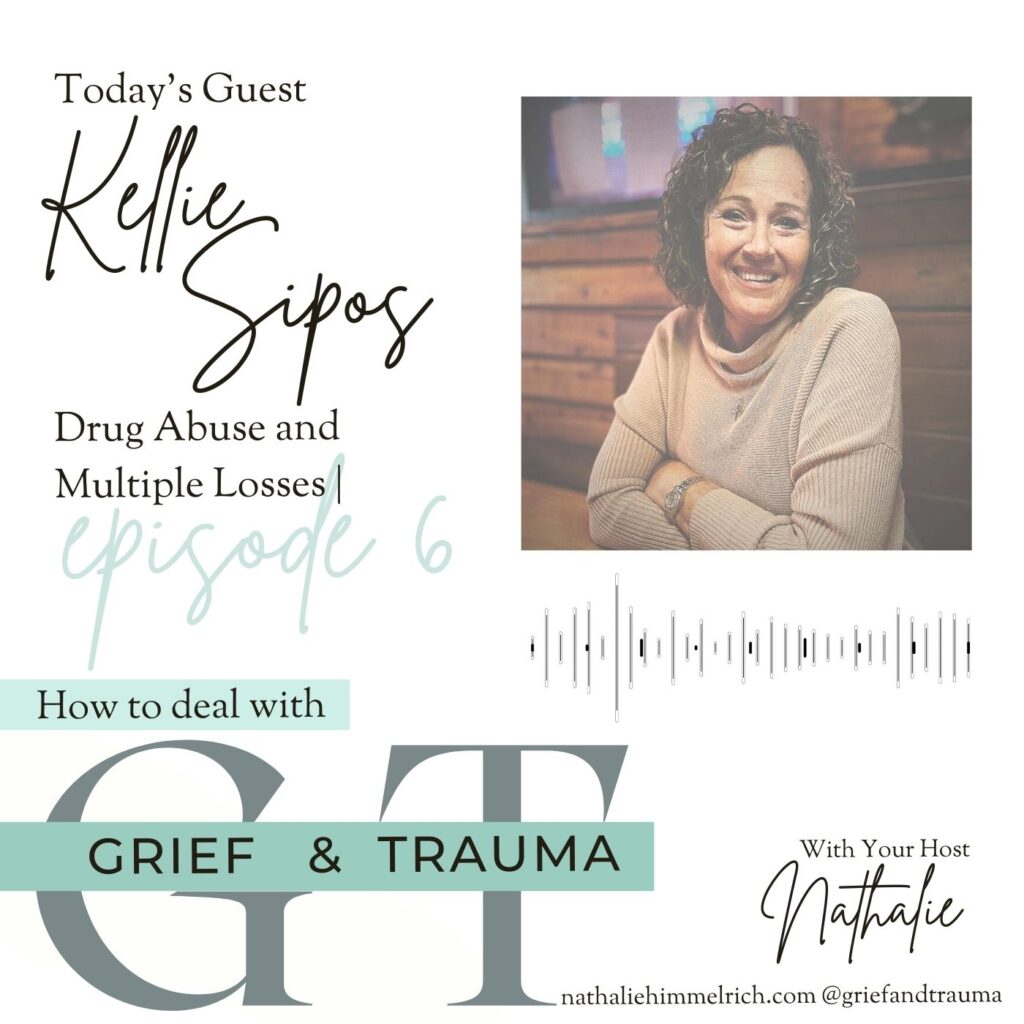HOW TO DEAL WITH GRIEF AND TRAUMA is completely self-funded, produced, and edited by me, Nathalie Himmelrich.
Consider making a small donation to support the Podcast: bit.ly/SupportGTPodcast. Thank you!
For more information, please visit Nathalie’s website, join the podcast’s Instagram page, and subscribe to the newsletter to receive updates on future episodes here.
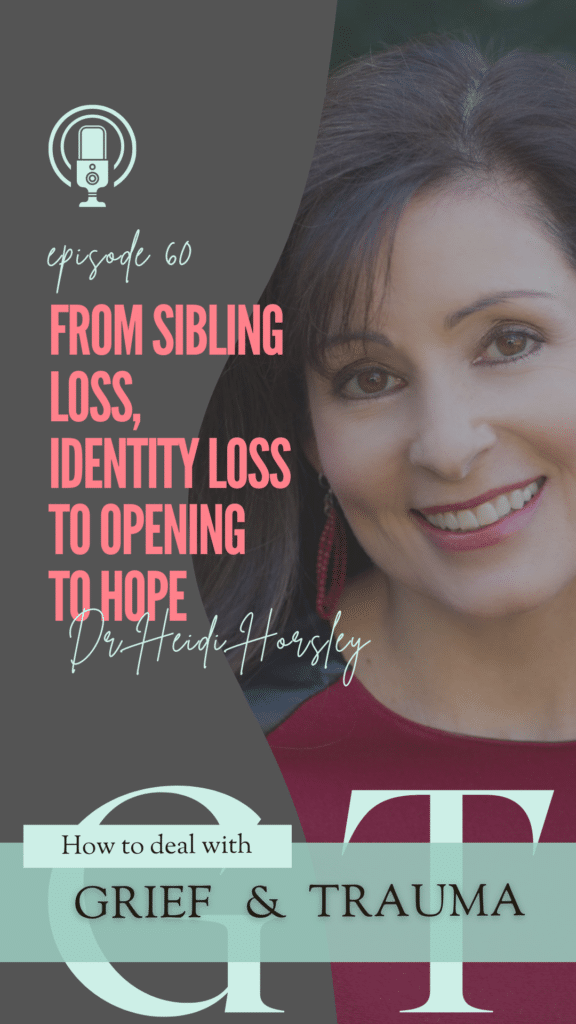
About this week’s episode
Like Reid and Jon in the previous two episodes, Heidi has turned dealing with the loss, in her case the loss of her brother at a young age into purpose-driven work to support others. Heidi and her mother have created this amazing hub in the form of the Open to Hope Foundation, which has offered support in various ways for the past 20 years. Even before podcasts were a thing, they offered regular support through Open to Hope radio and TV shows. What this mother-daughter combo has created is a beautiful legacy of support in honor of their brother and son. Make sure to check it out!
About this week’s guest
Dr. Heidi Horsley is a licensed psychologist, social worker, and bereaved sibling. She is the Executive Director of the Open to Hope Foundation and co-hosts the award-winning weekly cable television show and podcast, Open to Hope. Dr. Heidi is an Adjunct Professor at Columbia University, an award-winning author, and has a private practice in NYC. She has co-authored eight books and has been interviewed on numerous television and radio shows, including 20/20. She serves on the Advisory Boards for the Tragedy Assistance Program for Survivors of military loss (TAPS), the Elisabeth Kubler-Ross Foundation, and Peace of Mind Afghanistan (POMA). In addition, for 10 years she worked for the FDNY-Columbia University Family Guidance Program, helping families of firefighters killed in the 9/11 World Trade Center attacks. Her psychology doctoral dissertation was on the sudden death of a sibling.
- Website: www.opentohope.com
- Facebook: www.facebook.com/Opentohope
Resources mentioned in this episode:
- Book Viktor Frankl: Man’s Search for Meaning
- Nathalie on Open to Hope: https://www.opentohope.com/nathalie-himmelrich-peer-support-groups-fb-live/
Thank you for listening!
HOW TO DEAL WITH GRIEF AND TRAUMA is produced and edited by me, Nathalie Himmelrich. Support the show
Support the show:
- Become a supporter of the show! Starting at $3/month
- Join Facebook Group – Grief and Trauma Support Network
- Download the FREE grief resource eBook
- Book a complimentary Discovery Call
- Leave a review
Follow on socials:

